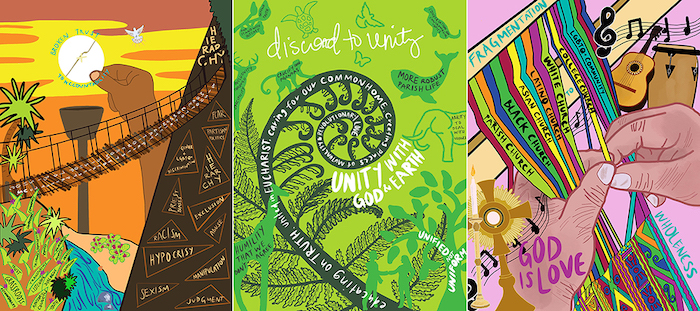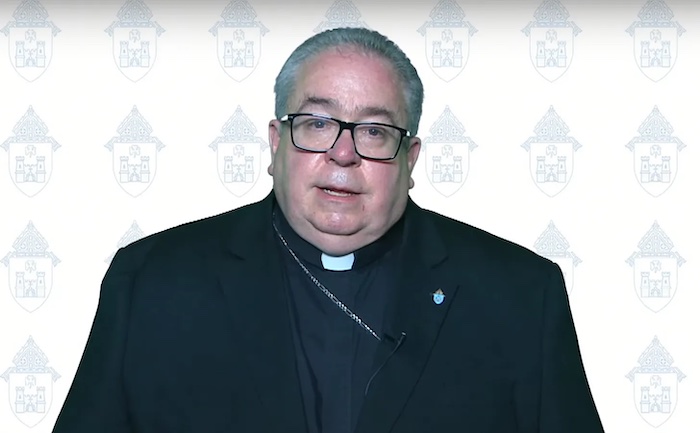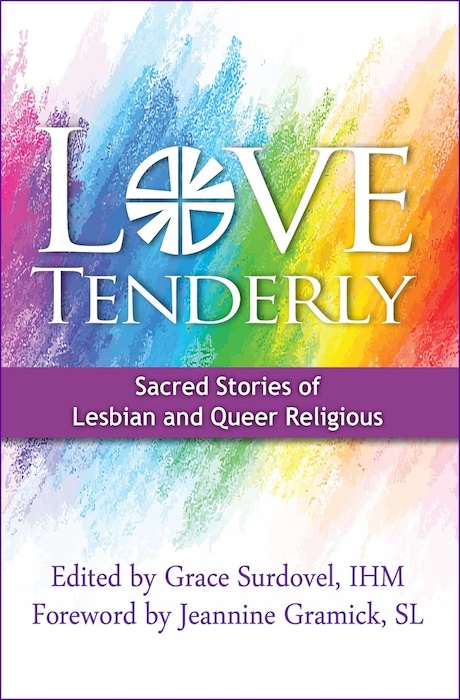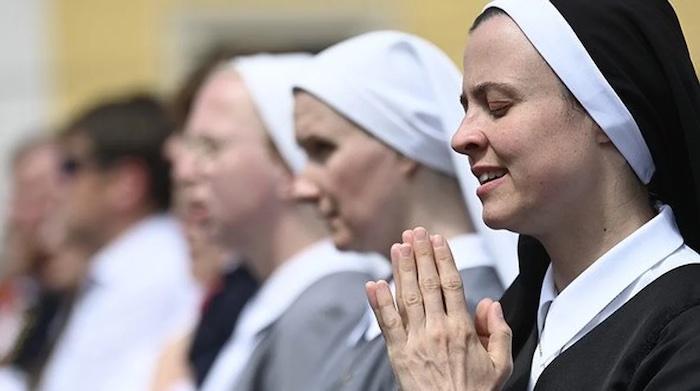— America’s largest Christian denomination continues to cause controversy

By Devika Rao
The Catholic Church is not new to controversy. The institution’s actions prompted The Boston Globe’s Pulitzer-winning spotlight investigation detailing the pedophilic transgressions of Catholic priests and enabling evasive maneuvers of their bishops. However, there are many other scandals involving the church, including more instances of sexual abuse, privacy violations and discrimination against the LGBTQ+ community.
1 Child sex abuse in Pennsylvania
In 2018, a Pennsylvania grand jury issued a 900-page report detailing 70 years of child sex abuse by the Catholic Church in the state. The report found 300 priests involved in the sexual abuse of more than 1,000 identifiable victims and likely many more that went unreported. The grand jury said the church followed a “playbook for concealing the truth,” The New York Times reported.
“Despite some institutional reform, individual leaders of the church have largely escaped public accountability,” the grand jury wrote. “Priests were raping little boys and girls, and the men of God who were responsible for them not only did nothing; they hid it all. For decades.” The investigation was led by then-Attorney General Josh Shapiro, who is now Pennsylvania’s governor. He said the cover-up “stretched in some cases all the way up to the Vatican,” adding that the church “protected their institution at all costs” and “showed a complete disdain for victims.” The report also prompted investigations in other states, many of which uncovered similar findings.
2 Sex, drugs and nun control
The Bishop of Fort Worth and 10 cloistered nuns in Arlington, Texas, have been at odds in a convoluted scandal, Slate reported. The head of a local convent, Mother Teresa Agnes Gerlach, had a seizure in 2022 requiring medical intervention. While medicated, Gerlach admitted to committing online “sexual sin” with a priest, a violation of her vow of chastity. The information was reported to Bishop Michael Olson, who began a crusade against the nuns, interrogating them and confiscating their devices. Soon, the nuns refused to cooperate, claiming Olson was “traumatizing” them.
Things escalated further, with Olson threatening to dismiss the nuns from their Carmelite order, and the nuns then suing Olson for violating their privacy and defamation. The nuns’ lawyer also called in the police to investigate Olson, prompting Olson’s office to release photos by a “confidential informant” taken in the nuns’ monastery showing “marijuana edibles, a bong and other drug paraphernalia.” The nuns claimed that the photo was staged and that Olson was trying to shut the monastery down to seize their property.
The conflict is still ongoing and the nuns have rejected Olson’s authority over them, despite Vatican intervention. “Every action he has taken with regard to us has proven to be devious and deceptive, marked by falsehood and an intent to persecute us,” the nuns wrote.
3 Art, abuse and Marko Rupnik
Slovenian priest Marko Rupnik was expelled from the Jesuits in June 2023 for “sexually, spiritually and psychologically abusing women” for decades, The Associated Press reported. However, Rupnik is also a famous Catholic mosaic artist whose work is in chapels all over the world, including the U.S. This has sparked debate as to whether his art should be removed or whether people should separate the art from the artist.
“The good of art is in the work of art itself,” argued the Rev. Patrick Briscoe in Our Sunday Visitor. “If we say anything else, we concede that art is, of itself and in fact, ideological.” On the other side, the victims of Rupnik’s abuse and other abuse survivors are calling for the art to be removed. “His artwork should be removed, as a testimony to the entire church, and as a witness, that there are consequences to perpetrating abuse,” clerical abuse victim Gina Barthel told The Pillar.
4 Child sex abuse in Baltimore
In April 2023, Maryland’s attorney general released a report outlining the sexual abuse of children and teenagers over six decades by clergy in the Archdiocese of Baltimore, The New York Times reported. The 463-page report identifies 156 abusers (10 of whose names are redacted) connected to the church, mostly men who served as priests, who abused more than 600 children dating back to the 1940s.
The report “illustrates the depraved, systemic failure of the archdiocese to protect the most vulnerable — the children it was charged to keep safe,” Attorney General Anthony Brown said. Archbishop William Lori, head of the Baltimore archdiocese — the oldest diocese in the U.S. — said in a statement he sees “the pain and destruction that was perpetrated by representatives of the church and perpetuated by the failures that allowed this evil to fester, and I am deeply sorry.”
5 The outing of a top priest
Monsignor Jeffrey Burrill, secretary-general of the U.S. Conference of Catholic Bishops, was forced to resign from his position in 2021 because he was found to have downloaded the gay dating app Grindr and frequently visited gay bars. However, there was controversy in the the way this information was discovered. Catholic news site The Pillar outed Burrill using “commercially available data to trace his calls, movements and behavior since 2018,” The Atlantic reported.
The manner in which The Pillar outed Burrill bothered many people more than his evident breaking of his vow of celibacy. “The use of app-based location tracking data to make public that which someone assumed would remain private should be chilling to any American with a smartphone,” remarked Catholic journal America Magazine. In addition, The Pillar “missed no opportunity to mention … charges that Grindr and other ‘hookup apps’ are used to facilitate sex with minors,” The Atlantic added, essentially conflating homosexuality with pedophilia, despite an acknowledged lack of any evidence that Burrill was in contact with any minors.
6 The prosecution of McCarrick
The Vatican expelled former U.S. cardinal Theodore McCarrick from the priesthood in 2019 for sexually abusing minors. In 2021, he was officially charged in Massachusetts with sexually assaulting a 16-year-old boy in the 1970s, making him “the highest-ranking Roman Catholic official in the United States to face criminal charges in the clergy sexual abuse scandal,” The Boston Globe reported. McCarrick pleaded not guilty.
However, McCarrick, now 93, had the charges dismissed in August 2023 due to “age-related incompetence,” with the judge determining he was not mentally fit to stand trial, CNN reported. “In spite of the criminal court’s decision today, many clergy sexual abuse victims feel as though former Cardinal Theodore McCarrick is and will always be the permanent personification of evil within the Catholic Church,” said the victim’s lawyer, Mitchell Garabedian.
Complete Article ↪HERE↩!






